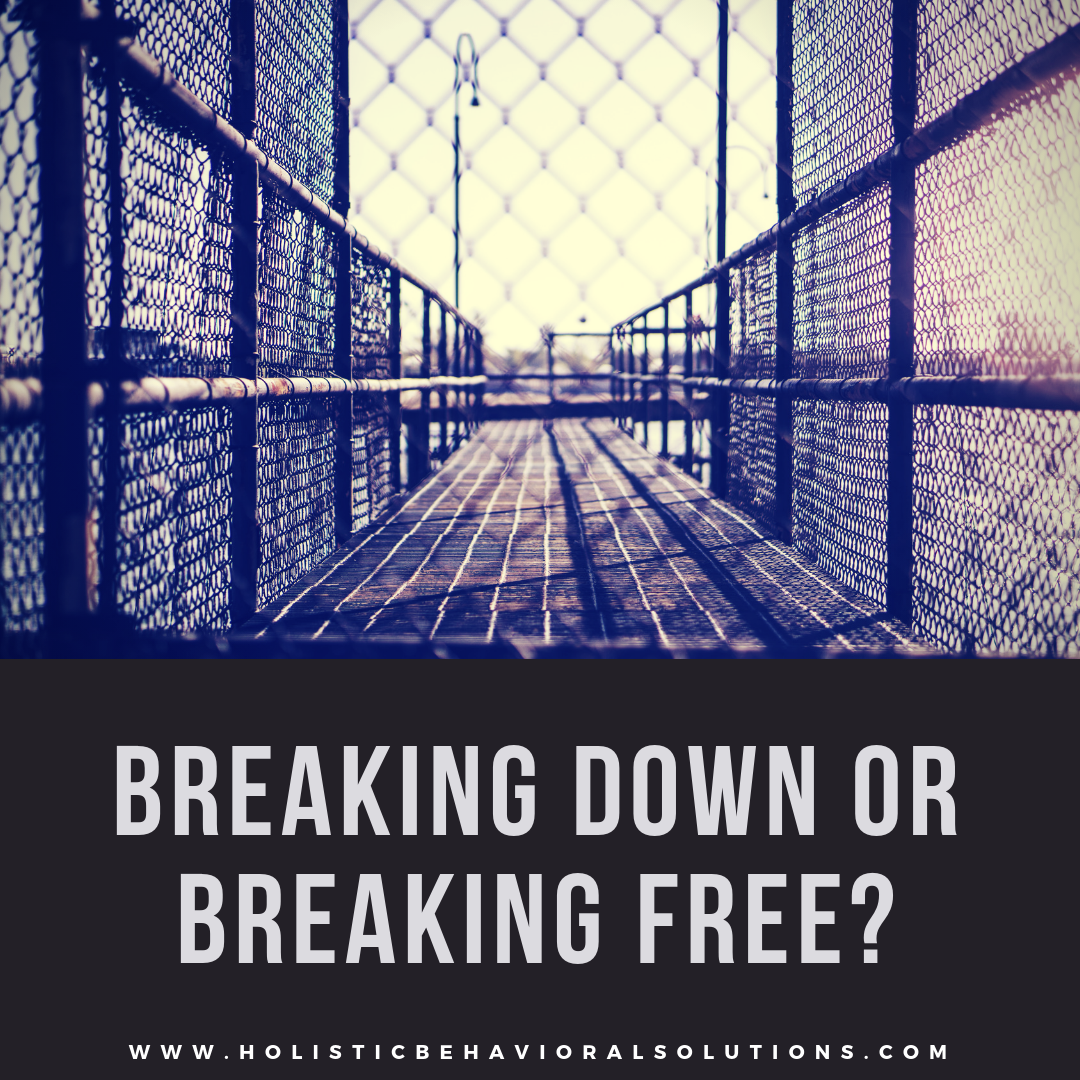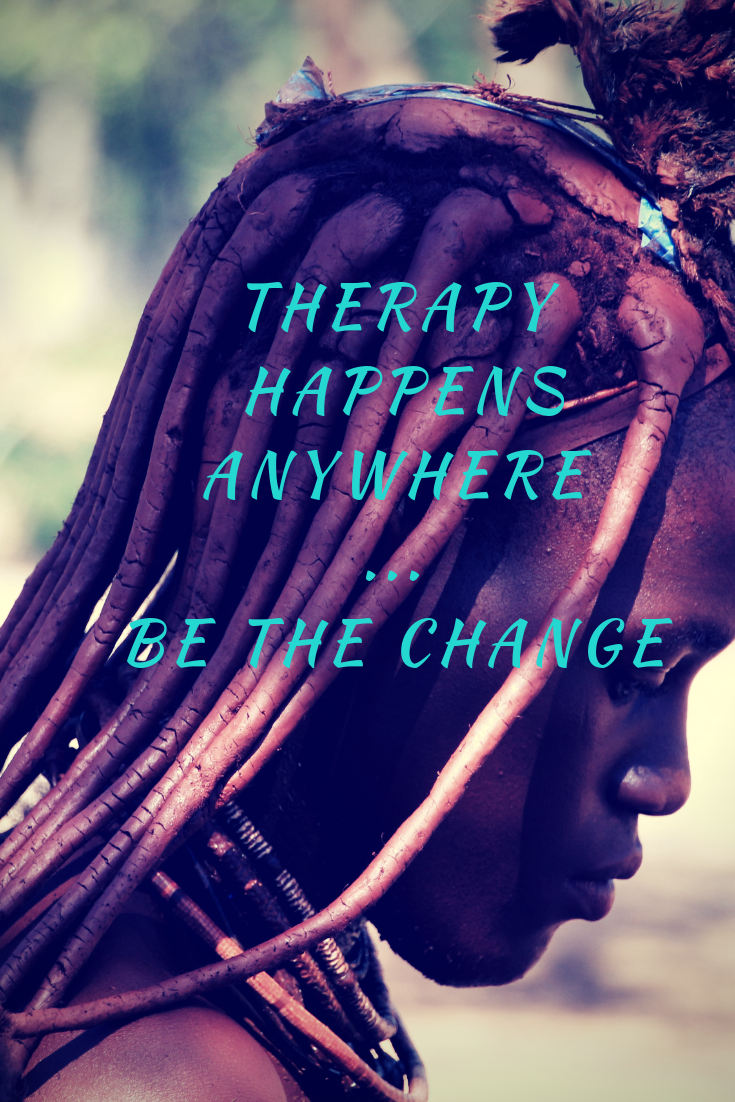
We often hear about public figures having breakdowns—moments when the pressure, visibility, and nonstop demands take a serious toll on mental health. But the truth is, breakdowns aren’t exclusive to celebrities. They happen to anyone whose boundaries are blurred and emotional resources drained.
While the high visibility of celebrity burnout puts these struggles in the spotlight, the root causes are painfully relatable: overexertion, emotional depletion, lack of rest, and poor boundaries.
What Really Leads to a Breakdown?
Breakdowns rarely come out of nowhere. They build slowly—often masked by ambition, caregiving, or chronic stress. Whether you’re in the public eye or managing daily responsibilities at work and home, one thing remains true: we all have limits. And honoring those limits is not weakness—it’s wisdom.
How to Recognize When You’re Nearing Your Breaking Point
Most of us run on autopilot, ignoring the red flags: irritability, brain fog, exhaustion, or emotional numbness. If we don’t pause to check in with ourselves, burnout becomes inevitable.
Here are five proactive steps to protect your emotional wellness and create a buffer between everyday stress and full-on breakdown.
1. Set Boundaries—and Defend Them With Confidence
Boundaries are not barriers. They’re essential to preserving energy, creativity, and peace. Know your limits, communicate them clearly, and practice saying “no” without guilt. You don’t have to be available to everyone, all the time.
Your emotional space is sacred—treat it like a lion guarding its territory.
2. Invest in Yourself First
We often give so much to others that we forget to refill our own emotional tanks. Your self-care isn’t a luxury—it’s your lifeline. Whether it’s movement, prayer, rest, laughter, or quiet time, choose habits that recharge you.
In therapy, we call these coping strategies. Think of them as deposits into your emotional bank. The more you deposit, the more resilience you have when stress comes knocking.
3. Create a Crisis Plan Before You Need One
A true mental health crisis can cloud judgment. That’s why having a plan in place is essential. Ask yourself:
- What does a personal crisis look like for me?
- Who are the people I trust to support me?
- What do I need them to know or do when I’m not okay?
Your crisis plan is not about fear—it’s about being prepared and supported, even when things get tough.
4. Strengthen Your Support System (Your Human Capital)
Take stock of your circle. Who can you turn to for truth, calm, and reflection? Who fuels your growth and shows up when you need safety? These people are your emotional infrastructure—the difference between isolation and healing.
When we invest in trustworthy relationships, we create a net that can hold us through hard times.
5. Check Your Basic Needs—Sleep, Nourishment, Perspective
It sounds simple, but sleep, hydration, balanced meals, and meaningful perspective are the foundation of mental resilience. Stress distorts our thinking. Rest and routine bring us back to center.
Try completing a wellness wheel to assess how balanced your life is. Use it to identify neglected areas—physical, emotional, spiritual, social—and make a gentle action plan.
Boundaries and The Holistic Store
As you explore your own emotional limits and protective routines, support your wellness from the inside out. Visit The Holistic Store for supplements and supplies that help regulate your nervous system, boost energy, and support a calm, clear mind.
Feeling your best makes it easier to show up, speak up, and protect your peace.

